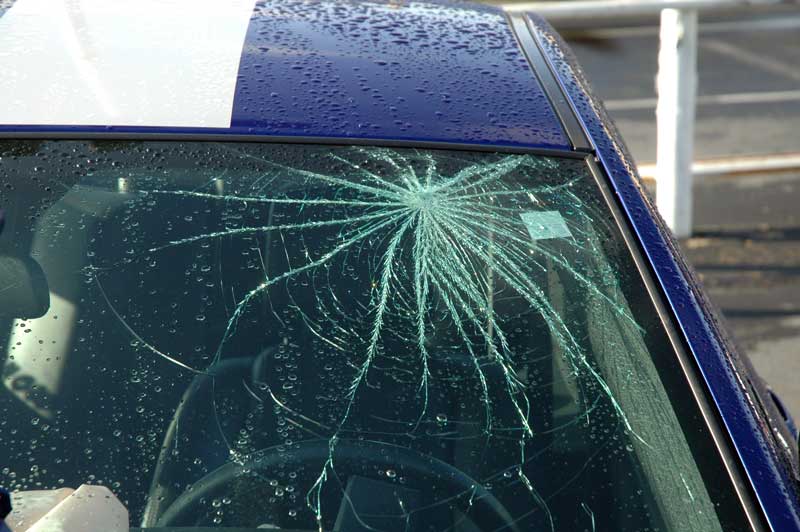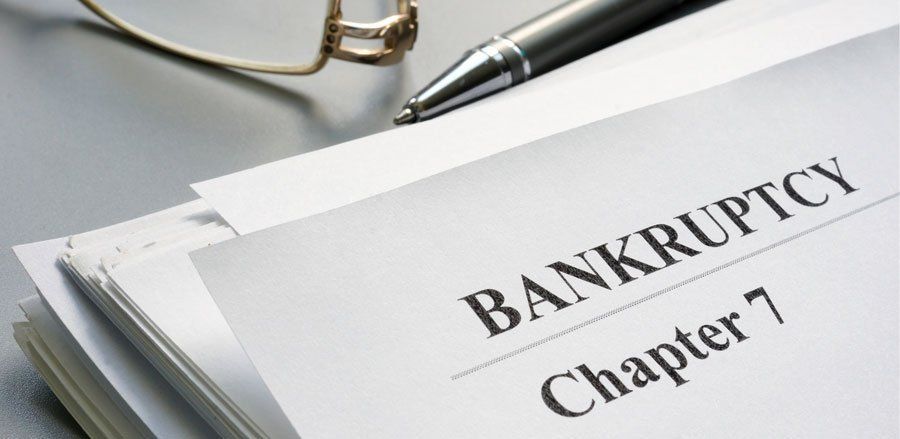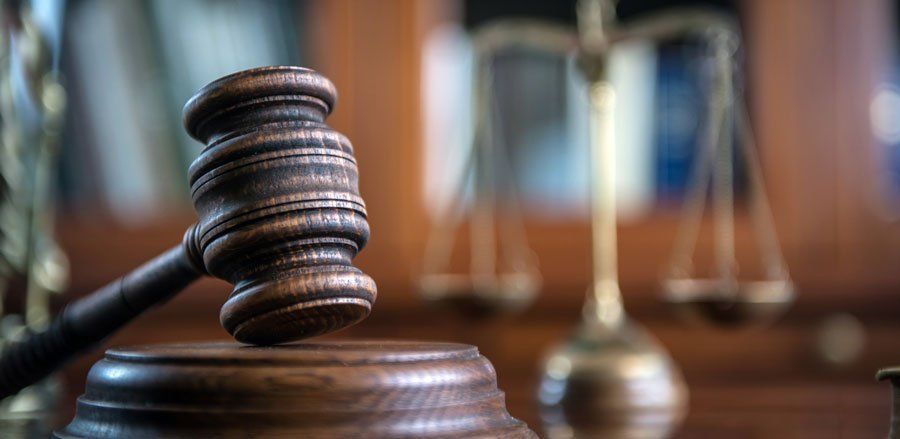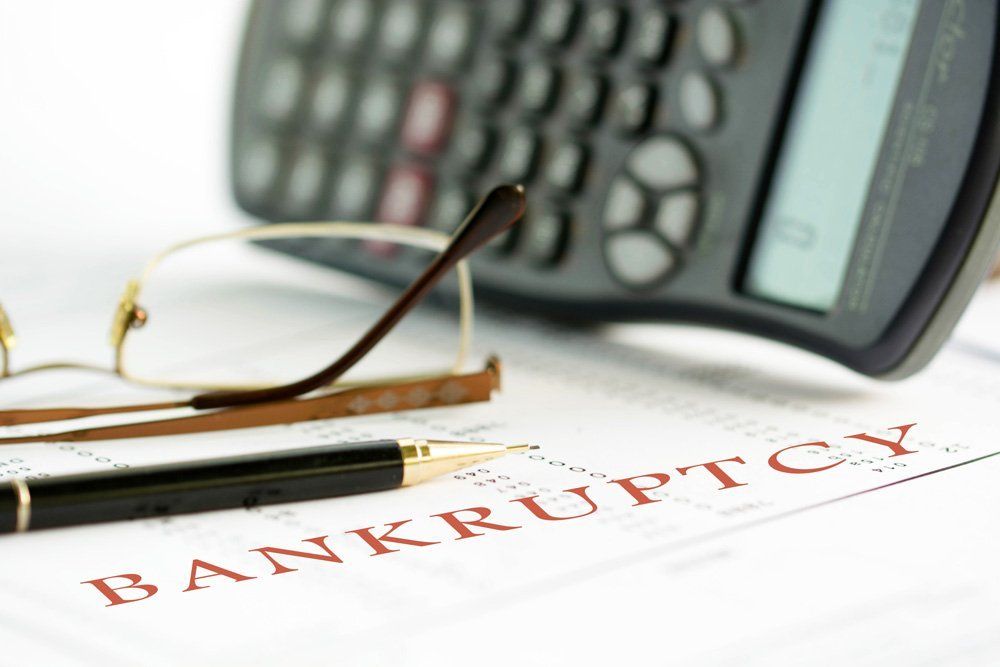3 Things You Should Never Do After a Car Accident

There are approximately six million car accidents in the United States each year. If you've ever been the victim of a car accident, you know how stressful and confusing the first minutes and hours after the incident can be.
Knowing how to react to the other driver and gather the right evidence is important. However, you also need to know what not to do or say. Here are three things you should never do after a car accident.
Never Leave the Scene
Even if the damage to your vehicle is minor or the other driver is willing to pay out-of-pocket for any repairs, you should still never leave the scene of the accident. Drivers who are clearly not at fault should stick around and speak to the authorities.
Tennessee is a fault state, which means the driver who caused the accident must pay any damages, including the victim's medical and auto repair bills. Unfortunately, for whatever reason, if you are the victim you still might consider fleeing the scene of the accident.
If you flee the scene of any accident that caused damage to property, such as the other driver's car, it is considered a hit-and-run. This could result in further legal action, including fines. If you are the victim and you leave the scene, it could cast doubt on your innocence because the other driver's attorney could argue that only a guilty person would drive away from the accident.
Instead, after the accident, remain calm and exchange the necessary information with the other driver, including your name, address, your car's vehicle identification number and vehicle insurance information.
Never Apologize or Admit Fault
Emotions can run high after a car accident, and even if you are the victim, you might feel compelled to apologize. Unfortunately, your simple act of contrition can be used against you when it comes time to legally determine fault. Apologizing for your role in the accident can be misconstrued as an admission of guilt.
If the other driver tries to file a lawsuit against you, their attorney can use your apology as evidence that you were at least partially responsible for the accident. This could make it difficult to seek damages from the other driver and their insurance company.
Creditors are supposed to cancel any payments on their end, but they may miss them. If you want to avoid further money being collected from you during the bankruptcy process, you should cancel any automated payments.
Creditors are not going to be able to resume collecting payments from you throughout the bankruptcy process, so you will be protected from all collection actions for a time. While your bankruptcy is ongoing, you do not need to send in any debt-related payments.
Never Leave the Accident Without Obtaining Evidence of Your Innocence
After you've exchanged information with the other driver and spoken to the authorities, begin gathering evidence. Once again, Tennessee is a fault state, meaning you must prove that you were not the cause of the accident. Here are a few pieces of information you need to gather at the scene of the accident:
- Photos of your injuries. Snap pictures of your injuries after the accident and in the weeks following the accident. This will help show how the incident impacted your quality of life.
- Photos of any damage to the vehicle. Take several photos of the damage. This evidence will prove valuable if you file a claim or lawsuit against the other driver.
- Eye witness accounts. Write down the witness accounts of anyone who saw the accident. Take down their name, phone number and a brief account of the car accident.
Finally, take a few pictures of the scene of the accident. For example, if the other driver swerved to avoid a pot hole and hit your car, snap pictures of the road damage. This can help you prove that it was other driver who was the cause of the accident.
You need to know what to and what not to do after a car accident. If you have any further questions, contact the professionals at The Law Office of Joe R. "Jay" Johnson II.









